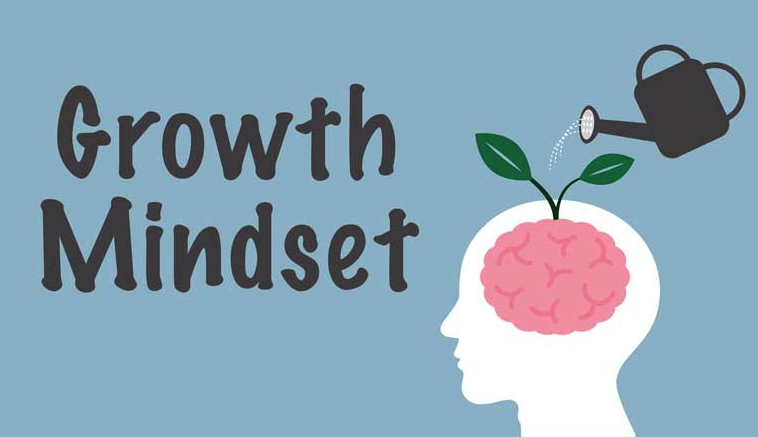TL;DR
- A growth mindset in leadership emphasizes that abilities and intelligence can be developed through effort and learning.
- Leaders with a growth mindset embrace challenges and view failures as opportunities for growth.
- Cultivating a learning orientation encourages leaders to seek new knowledge and foster ongoing development.
- Creating a culture of feedback and reflection promotes continuous improvement in leadership and teams.
- Collaboration and supportive networks help leaders grow and drive innovation in their organizations.
Great leaders are not born; they are made. One of the key factors that distinguishes exceptional leaders from the rest is their mindset. A growth mindset, as coined by psychologist Carol Dweck, is the belief that abilities and talents can be developed through dedication, effort, and a willingness to learn. By cultivating a growth mindset in leadership, individuals can unlock their full potential and lead their teams to new heights.
Today, we will explore the concept of a growth mindset in leadership and provide practical strategies for cultivating this mindset. Whether you’re a seasoned executive, a team lead, or aspiring to be in a leadership position, embracing a growth mindset will empower you to adapt, learn from failures, and continuously improve as a leader.

Understanding the Growth Mindset
Before diving into the strategies for cultivating a growth mindset in leadership, it’s crucial to understand its core principles. A growth mindset entails believing that talents, abilities, and intelligence are not fixed traits but can be developed through hard work, learning, and perseverance. It encourages individuals to view challenges as opportunities for growth, embrace failure as a stepping stone to success, and seek out continuous improvement.
Embrace a Learning Orientation
To cultivate a growth mindset in leadership, it is essential to foster a learning orientation. This involves seeking out new knowledge, perspectives, and skills. Leaders should encourage curiosity, promote a culture of learning, and emphasize the value of ongoing personal and professional development. By embracing a learning mindset, leaders can inspire their teams to adopt the same attitude and create an environment conducive to growth.
Encourage a Culture of Feedback and Reflection
Feedback is a powerful tool for growth and development. Leaders should actively seek feedback from their teams, peers, and mentors to gain insights into their strengths and areas for improvement. Furthermore, they should encourage open and honest communication, providing constructive feedback to their team members and fostering an environment where learning from mistakes is valued. Reflection should be integrated into daily practices, allowing leaders to evaluate their actions, identify areas for growth, and make adjustments accordingly.
Embrace Challenges and View Failure as a Learning Opportunity
Leaders with a growth mindset embrace challenges as opportunities for growth rather than obstacles to avoid. They encourage their teams to step outside their comfort zones, take calculated risks, and embrace new challenges. Furthermore, they view failure as a valuable learning opportunity, reframing setbacks as stepping stones toward improvement. By modeling this perspective, leaders inspire resilience and encourage their teams to persevere through obstacles.
Foster Collaboration and Supportive Networks
Collaboration and support are crucial for cultivating a growth mindset in leadership. Leaders should foster a culture of collaboration, where individuals can share ideas, insights, and experiences. Encouraging cross-functional teams, promoting diverse perspectives, and facilitating knowledge-sharing opportunities can drive innovation and personal growth. Building supportive networks, both within and outside the organization, provides leaders with valuable mentorship, guidance, and opportunities for continuous learning.
Conclusion
Cultivating a growth mindset in leadership is a transformative journey that empowers individuals to unlock their full potential and drive meaningful change. By embracing a learning orientation, encouraging a culture of feedback and reflection, viewing challenges and failure as opportunities for growth, and fostering collaboration and supportive networks, leaders can create environments that inspire growth and foster innovation.
Remember, developing a growth mindset is not a one-time endeavor; it requires consistent effort and a commitment to ongoing learning and self-improvement. As you embark on this journey, embrace the challenges, celebrate the successes, and continue to cultivate a growth mindset in yourself and those around you. With dedication and perseverance, you can become a transformative leader who not only achieves great success but also inspires others to do the same.


